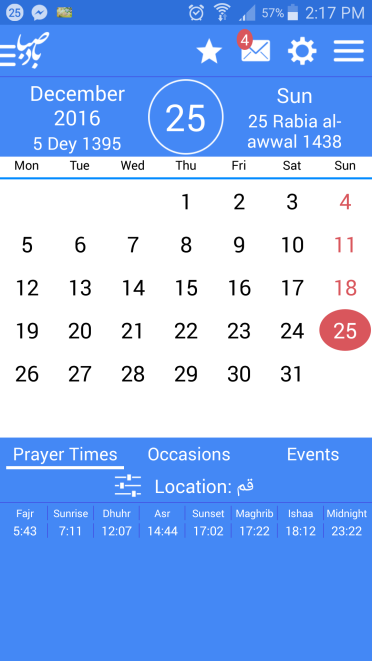As Muslims, how responsible are we on social media platforms?
I’m talking about “liking” posts that do not adhere to our Islamic values, posting pictures of ourselves or others that do not follow Islamic guidelines, and even using language unbecoming of a Muslim.
It’s quite unnerving to see Muslims carelessly engaging on social media platforms, yet very firm on their conviction to Islamic beliefs and practices.
I don’t see how realistically one can support Islamic principles, yet consciously “like” a post filled with swear words.
Unless you’re engaging on social media with your eyes closed and your brain as well.
Just because the vast, uncontrolled worlds of Facebook, Instagram, Twitter, etc. seem to be a bottomless pit of anything and everything, it doesn’t mean we can’t think while using those sites.
As consumers of social media we already have succumbed to the lifestyle of “post first, think later.”
I know I was guilty of this for a long time. I had to relearn life without the dire need to post. (I guess I should be thankful for the fact that Facebook is blocked in Qom, and forced my rehab.)
I remember the time I actually realized how I had become obsessed with posting about my life, instead of enjoying it. I had just made a nice chocolate cake. My kids sat drooling in anticipation, and before cutting them a piece and letting them eat, I tried to get that perfect picture.
Sure, in retrospect it was no big deal. I just made my kids wait a few minutes. But it was the fact that I felt I needed that picture.
What would have happened if I didn’t take the picture and post it? Would it mean my chocolate cake didn’t exist? Would I be able to live without the likes and comments?
I’ve seen people walking around with just a phone in their hands, at the ready. Are they able to enjoy life? How can one enjoy company or an experience if they’re too busy trying to document it?
As social media consumers, and more importantly as Muslims, we must act consciously when engaging on these platforms. It means the language we use should be proper. It means the posts we like should be those that adhere to our principles and values.
Especially as students, or spouses of students, of the hawza. Once you are living in Qom, I believe it is the responsibility of each of us bestowed this honor to reside under the grace of Lady Masooma of Qom, to act and serve as our Islamic teachings dictate.
How will we ever be able to teach others about Islam and its values, if we are publicly doing the opposite? How can we talk to young girls about the problems they face regarding hijab, if we are publicly posting pictures of ourselves not following the rules of hijab?
Or how can we talk about issues regarding akhlaq, while we are “liking” posts promoting the opposite?
We shouldn’t feel forced to “like” anything. And we should constantly ask ourselves what need is being served while we use social media. If I’m aimlessly “exploring” on Instagram, then most likely I’ll end up wasting precious time.
In this regard what are we teaching our children when it comes to using social media? Now more than ever, kids, especially young children are frequenting social media applications with ease. Even though the material on these applications are oftentimes inappropriate.
But kids as young as 8, have their own social media profiles. And are posting regularly.
Be conscious in the time you spend on social media. Be conscious on what you “like” and what you follow on social media. Be conscious on what you post on social media.
Our Islamic values should be embedded in every part of our lives, and that also goes for what we allow our eyes to see.
There are many ways to use social media to help serve our cause, and in turn create a healthy connection. By just being aware of what we are accessing and posting, it helps free our minds from the unnecessary and useless.
